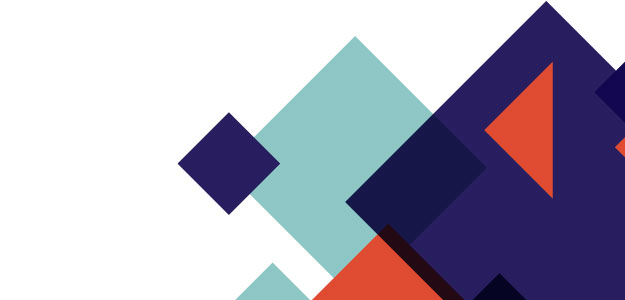.png)
For many young Canadians, one of the biggest milestones after graduating from post-secondary school is purchasing a home. Yet, with rising housing costs, inflation, and the weight of student loans, the path tovhomeownership can feel overwhelming—almost like the finish line keeps getting pushed further away. The good news is, buying a home is still possible with the right plan in place. Here are some practical strategies to help you work toward a down payment while continuing to pay down student debt.
Start With a Plan
When it comes to your finances, “the earlier, the better” is advice worth following. Begin by creating a budget that gives you a clear picture of both your income and expenses. Make sure your budget includes line items for student loan repayment and saving for a down payment.
Next, set realistic goals with timelines. How much can you set aside each month to chip away at your debt and build up savings? Even small, consistent contributions can add up over time. Once you’ve settled on an amount, stick to it. If you’re unsure how much to put toward each goal, a financial advisor can help you decide on the right balance for your situation.
Reassess Your Spending
If your budget feels tight, it might be time to take a closer look at your spending habits. A helpful approach is to divide your budget into three categories: needs, wants, and savings/debt repayment.
-
Needs include essentials like rent, groceries, utilities, and transportation.
-
Wants cover discretionary spending such as dining out, shopping, subscriptions, and entertainment.
-
Savings/debt repayment includes contributions to RRSPs, TFSAs, student loan payments, and credit card debt.
Ideally, your needs and savings/debt categories should come first. If you notice you’re spending the bulk of your income on “wants,” it may be time to cut back. Reducing indulgent expenses by even 30–50% can free up money to accelerate debt repayment and grow your down payment fund.
Explore Alternative Options
If your current income isn’t enough to cover necessities, debt payments, and savings, you may need to look at additional ways to boost your finances. Many Canadians are turning to part-time jobs, freelancing, or side gigs to earn extra cash. Even a modest second income stream can make a significant difference over time.
Another option is reducing living costs. If moving in with family rent-free is possible, it can be a game changer—allowing you to save quickly while also staying on top of debt. Shared ownership is another growing trend, where two or more people (often friends or family) purchase a home together. By splitting costs, you can enter the housing market sooner, lower your individual savings target, and share ongoing expenses like utilities and maintenance.
Understand Your Credit Score
Your credit score plays a critical role when applying for a mortgage. In Canada, credit scores range from 300 to 900, with anything above 660 considered good. A strong score improves your chances of being approved for a mortgage and may even secure you a better interest rate.
Consistently paying bills—whether rent, credit cards, or utilities—on time is one of the simplest ways to build your score. It’s also important to manage your debt levels, since high outstanding balances can negatively affect your mortgage eligibility. Before beginning the home-buying process, request your credit report from Equifax Canada or TransUnion to understand where you stand and what improvements you may need to make.
Conclusion
Balancing student debt repayment with saving for a home may feel daunting, especially with today’s rising costs of living. But while the journey may take time, it’s achievable with planning, discipline, and a willingness to adjust your habits. Prioritize paying down debt, keep track of your credit score, cut unnecessary expenses, and explore creative ways to boost income or reduce costs. Each step you take brings you closer to your goal of homeownership.
How ABCU Can Help
From budgeting advice to debt management support, savings strategies, and mortgage applications, our team is equipped to help you reach your financial goals. Contact us: general@abcu.ca.


